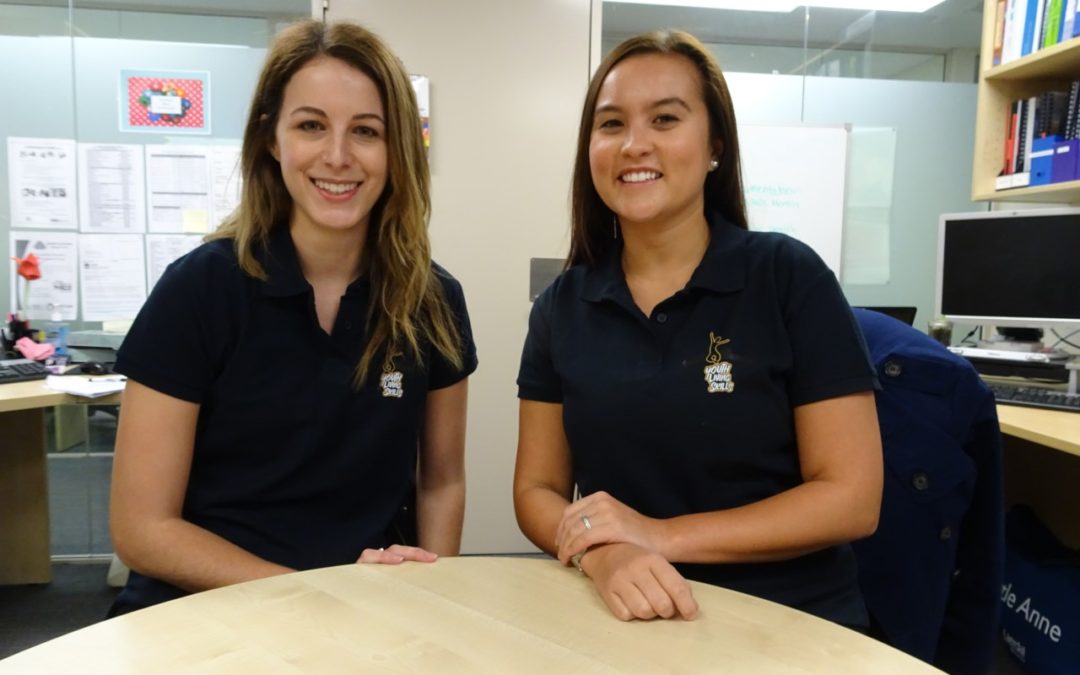An Occupational Therapist (OT) is a university-trained health professional who helps people enhance their overall independence and general life skills. OTs work with people of all ages and medical backgrounds to assist them to better perform the activities that are important to them. This can range from helping someone build their basic self-care skills (e.g. help with washing, dressing, feeding), developing social skills or concentration during the school years, to assisting the development of skills needed to enter the workforce in the late teenage and early adult years. The focus and goals of OT will be dictated by the person’s current level of functioning and their personal goals.
Do I need a Doctor’s referral for an OT assessment?
Generally, you do not need a doctor’s referral to complete an OT functional assessment. You can often enquire at any OT service and state your main reasons for wanting the assessment. Common reasons people attend an OT functional assessment are:
- To gain a baseline of the person’s current functioning capacity across all areas of living (appropriate to their age). This may include determining any equipment (including modifications) or other supports the person needs.
- To help in diagnostic investigations, but is not a diagnostic test
- To assess suitable accommodation options and level of formal supports needed
Usually, OT assessments are recommended by the person’s doctor, school or as part of applying for an NDIS (National Disability Insurance Scheme) plan. A functional assessment is not only useful to obtain an understanding of the person’s current functioning capacity, but also makes recommendations about the supports and services they may need. Recommendations are also not limited to OT but may also encompass other areas such as psychology or speech therapy.
Is an OT functional assessment covered under the NDIS?
Yes, the NDIS can cover OT supports, including an OT assessment. OT is usually covered under the ‘Capacity Building’ (CB daily activity) category of NDIS supports.
What happens in the OT functional assessment?
Depending on the purpose and needs of the assessment, as well as the person’s circumstances at the time of assessment, it can be completed at the person’s home, hospital or nursing home. The person’s age and medical conditions are important factors, as what would be assessed for a child would be vastly different to that of an adult. The first step of the assessment often involves the OT gaining a comprehensive history of the person (personal, social and medical), as this improves the OT’s understanding of the person’s current situation. This not only involves learning about their medical and health history, but also about their level of communication, current home environment and social networks, education and/or work circumstances and hobbies, interests and what they do for leisure activities. This information can be reported by the person directly or their parent/guardian or carer.
After the OT has collected the pertinent history, they will then do some activities with the person, depending on the person’s medical condition and primary purpose of the assessment. For instance, if the assessment is aimed at deciding on equipment (e.g. a wheelchair), the OT will assess the person’s current level of physical functioning to prescribe the most suitable equipment (and/or other assistive technology) options. If the assessment’s primary intention is to find appropriate accommodation and supports for the person, the OT will assess the person’s daily living skills such as self-care, meal preparation, budgeting and accessing transport. The OT will often utilise standardised tests to gauge the person’s level of functioning and compare the results to those of their developmental peers. This allows the assessment to correlate the person’s performance with others in their age group, to give a graded analysis of the person’s level of functioning.
The OT then develops the report, including the outcomes and recommendations, to be distributed to the applicable people and agencies.



